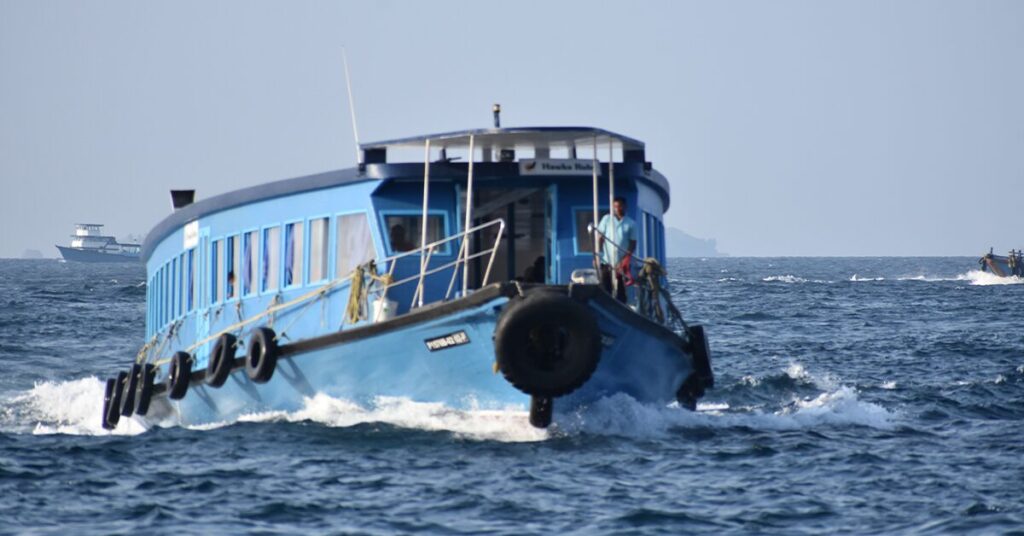The Maldives, renowned for its pristine beaches and vibrant coral reefs, is confronting a critical challenge: climate change. This island nation, characterized by its low elevation and delicate ecosystems, faces significant threats from rising sea levels and extreme weather events, which jeopardize its tourism-dependent economy.

Climate Change and Its Risks
The Maldives is one of the most vulnerable countries to climate change, with over 80% of its land area less than a meter above sea level. The key risk factors include accelerated shoreline erosion, increased sea temperatures, and coral bleaching. Sea-level rise poses a severe threat, potentially leading to widespread inundation of its islands. Current projections indicate a rise of 50 cm by the end of the 21st century, though this may be an underestimate as ice melt rates could accelerate.
Coral reefs, vital to the Maldives’ tourism industry, are particularly susceptible to warming seas. Frequent bleaching events have already led to substantial losses in live coral cover, impacting both the marine environment and tourism. These reefs not only attract divers and snorkelers but also act as natural barriers protecting shorelines from erosion.
Tourism and Economic Dependence
Tourism is a cornerstone of the Maldivian economy, accounting for over 30% of GDP. The sector’s rapid growth, driven by the allure of the islands’ natural beauty, has seen visitor numbers soar from 42,000 in 1980 to over 600,000 in 2004. Despite this success, the tourism industry is not immune to the impacts of climate change. Higher sea temperatures and increased storm activity threaten the infrastructure and attractiveness of tourist resorts.
In response to these challenges, the Maldivian government has introduced measures aimed at mitigating environmental impacts. These include environmental taxes on tourists and initiatives aimed at achieving carbon neutrality. However, while these steps demonstrate a commitment to sustainability, the effectiveness of such measures remains contingent on broader global efforts to reduce greenhouse gas emissions.
Stakeholder Perspectives
Interviews with tourism stakeholders reveal a mixed response to climate change. While awareness is high, there is a notable discrepancy in concern levels. Many industry representatives prioritize immediate economic concerns, such as the global recession and competition within the tourism market, over long-term climate risks. This short-term focus often translates into limited engagement with climate adaptation strategies.
Government officials express greater concern and advocate for stronger climate action, though they face challenges such as limited capacity and resources. Effective adaptation requires a coordinated approach, incorporating both local and international efforts, and addressing both environmental and economic dimensions.
Adaptation and Future Directions
To ensure the sustainability of its tourism industry, the Maldives must enhance its adaptation strategies. This includes:
- Developing National Policies: Implementing comprehensive climate adaptation policies tailored to the tourism sector can help mitigate risks and promote resilience.
- Investing in Infrastructure: Upgrading infrastructure to withstand climate impacts, such as elevated sea walls and improved waste management systems, is crucial.
- Promoting Sustainable Practices: Encouraging eco-friendly practices within the tourism sector, such as reef restoration and sustainable coastal development, can enhance environmental resilience.
- Increasing Awareness and Education: Providing stakeholders with knowledge and resources about climate change adaptation can foster more proactive engagement.
While the Maldives faces substantial climate-related challenges, it can lead by example in integrating sustainability into its tourism sector. By addressing both immediate concerns and long-term risks, the country can better protect its invaluable natural assets and maintain its status as a premier tourist destination.


